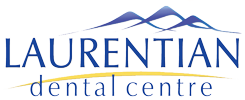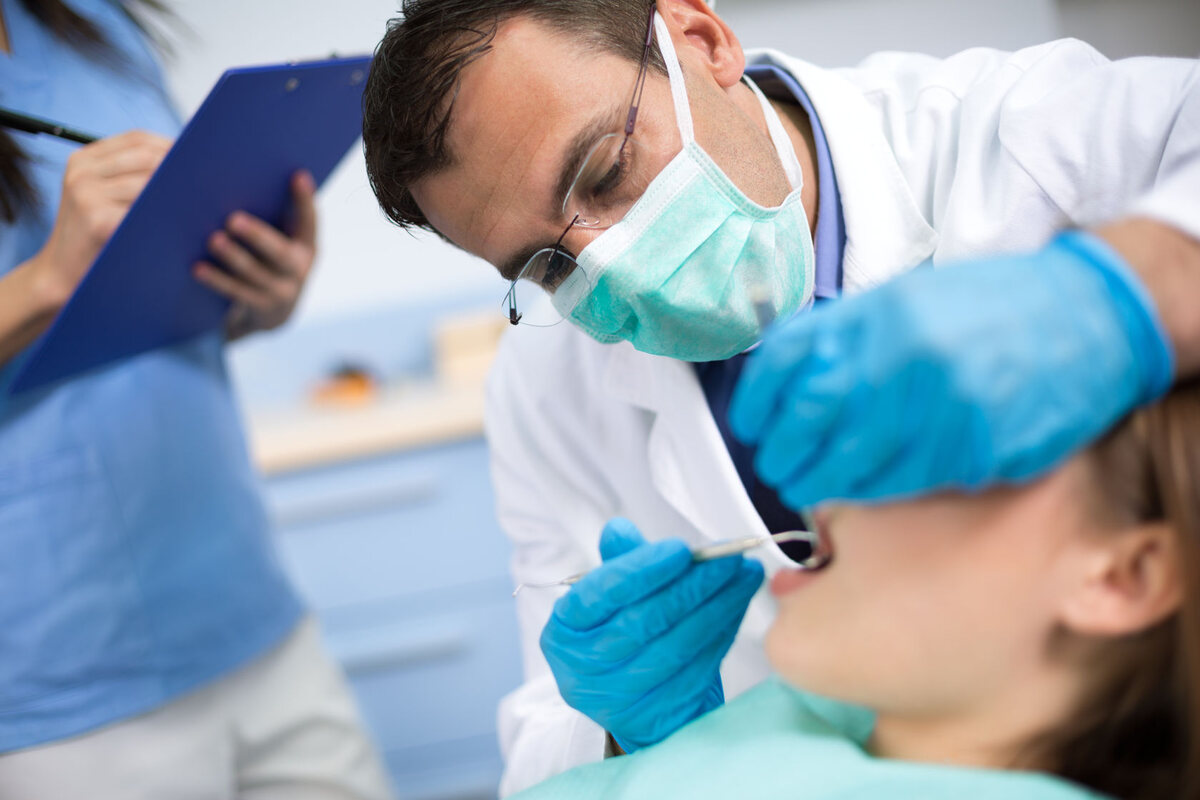Oral cancer may not gain as much attention as other types of cancer, yet its consequences can be devastating. Early identification and treatment are essential for enhancing survival rates, but oral cancer screening in Kitchener is often neglected. Understanding the significance of oral cancer screenings will help you, as a patient, know when it’s time to book an appointment and feel comfortable with the techniques that are used.
The Significance of Regular Screenings
Early Detection Saves Lives
Early identification of oral cancer increases the possibility of successful treatment. Regular screenings aid in the detection of potentially cancerous tumors or lesions in the mouth.
Painless and Quick
Oral cancer screenings are painless, non-invasive, and quick procedures. These screenings can be performed by dentists and other oral healthcare providers during routine dental check-ups.
Preventive Education
An oral cancer screening near you not only identifies cancer but also educates patients on risk factors and the necessity of making healthy lifestyle choices. Patients can understand the importance of preventing smoking, drinking responsibly, and practicing good oral hygiene.
Non-Invasive and Painless
Oral cancer screenings are normally painless, non-invasive, and quick. They can be performed during routine dental check-ups by dentists and other healthcare professionals.
In its early stages, oral cancer often grows without visible signs. The disease may have advanced by the time symptoms occur, making early detection through screenings even more important.
What to Expect?
Your dentist or other oral healthcare provider will examine your mouth in detail during an oral cancer screening. This examination may include:
- Visual Inspection: The dentist will visually inspect your lips, gums, tongue, and other oral tissues for abnormalities such as red or white patches, sores, or lumps.
- Physical Palpation: The dentist will feel your mouth and throat tissues for any unusual lumps or swelling.
- Special Screening Devices: Some dentists in Kitchener utilize advanced screening instruments that can highlight abnormal tissues under specific circumstances, assisting in the early detection of cancerous or pre-cancerous tumors.
When to Get Screened
Regular oral cancer screenings are necessary for everyone; however, certain people may require more regular exams due to risk factors. Here are some recommendations for when you should get screened:
Routine Dental Check-Ups
As part of their regular dental checkups, most patients should have screenings for oral cancer every six months. Speak with your dentist near you about this if it is not already covered during your examinations.
High-Risk Individuals
Those with a history of oral cancer, tobacco or alcohol use, or HPV exposure should consult their dentist about periodic testing. In these situations, it is critical to prioritize health and take extra precautions.
Self-Examination
Regularly check your mouth for any unusual changes, like non-healing sores, persistent pain, or white/red spots. If you notice these symptoms, consult a professional without delay.
Oral cancer screenings are an important part of preserving overall oral health. They allow for the detection of this potentially fatal disease in its early stages, when treatment is most effective. Regular screenings should be part of everyone’s healthcare practice, especially for those who are at risk.
Prioritize Your Health: Schedule Your Oral Cancer Screening!
Making your health a priority is an important step toward a better future. Laurentian Dental Centre encourages you to schedule your oral cancer screening immediately. Your well-being is our top priority, and early detection can be life-saving. Our staff is here to assist you through this process and will make sure you’re comfortable from start to finish.
It’s never too late to take control of your health; book your next appointment with us today!


